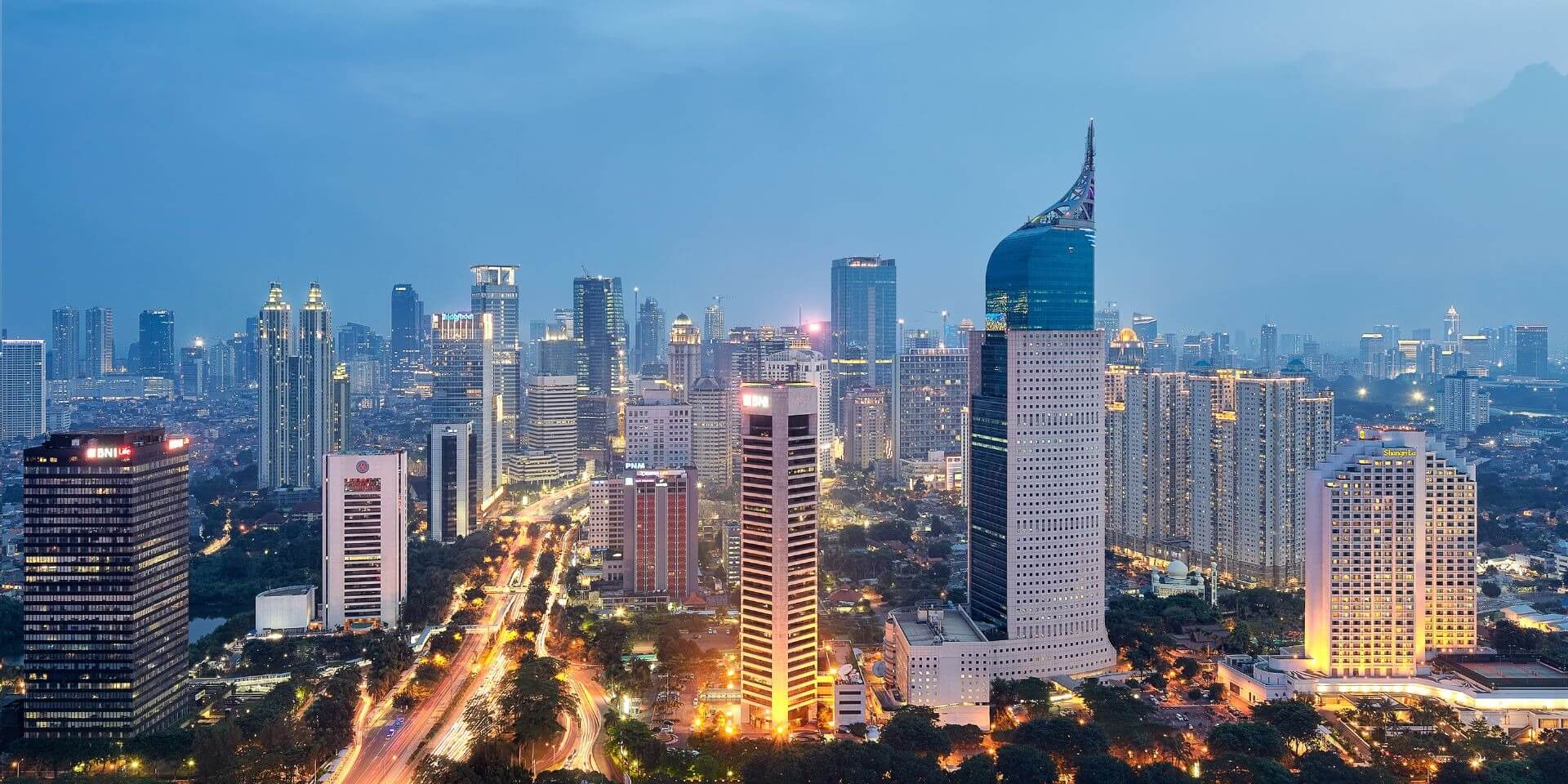Indonesia tops Southeast Asia in halal product purchases, says report
Indonesia has been ranked as the top buyer of halal products in Southeast Asia, according to a new report.
On a global scale, Indonesia was ranked the seventh-largest buyer of halal products, trailing behind the United States, Pakistan, Bangladesh, Egypt, England, and Saudi Arabia, as reported in the 2023 Halal Industry Report from Alibaba.com.
Alibaba.com, a B2B e-commerce platform, released its inaugural report at the 19th Malaysian International Halal Showcase (MIHAS) held in September, shedding light on vital trends and insights in the halal sector.
The report delves into global consumption patterns and developments within the B2B e-commerce market for halal products.
As a global hub for B2B e-commerce, Alibaba.com introduced its online Halal Pavilion in 2022 to facilitate international market access for local small and medium-sized enterprises (SMEs) operating in the food and beverage, agriculture, health, and beauty sectors. The Halal Pavilion was conceived to spotlight certified halal suppliers, making them easily accessible to buyers from over 190 countries present on the e-commerce platform.
Products recording the highest growth in terms of purchases were traditional Muslim clothing, scarves, skin care products, and halal snacks, the report, produced in collaboration with the Malaysia External Trade Development Corporation (MATRADE), revealed.
The increasing demand for Muslim clothing is driven by growing Muslim population and the desire to dress modestly according to culture, it added.
In addition, purchases of headscarves and scarves have also increased, not only among Muslim women but also among non-Muslims who appreciate its style and versatility as accessories.
For the skincare industry, the demand for halal-certified products is increasing, along with buyers' desire to use natural and organic options. Consumers, both Muslim and non-Muslim, are looking for skincare products that are free from alcohol, animal-based ingredients, and other prohibited substances, making halal-certified skincare products a popular choice.
Bank Indonesia projects that key sectors within the halal value chain will grow by 4.5-5.3% in 2023, including the agricultural sector, halal food and beverages, modest Muslim fashion, and Muslim-friendly tourism. This growth will be accompanied by a 14-16% increase in financing disbursed by Sharia banks.

